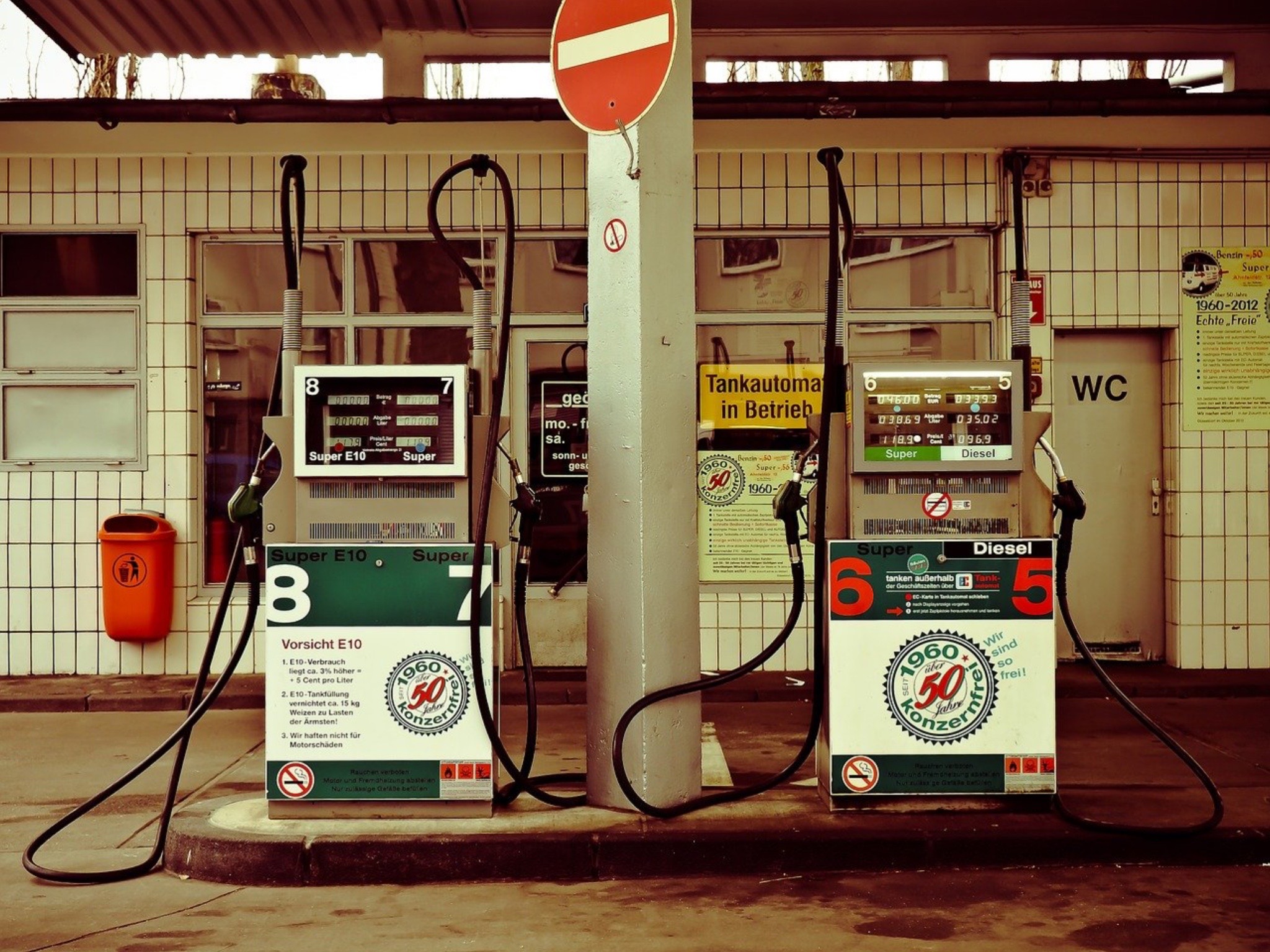In the past year, inflation has sent prices soaring on many household items and gasoline—especially gasoline. While the effect on inflation does not have the same immediate impact on insurance premiums as it does for gas and groceries, insurance carriers have been increasing premiums to reflect the impact inflation has had on the claims being submitted.
Insurance regulators must approve changes in rates and premium increases—which may restrict premium increases from truly skyrocketing. However, the effect inflation has had on claims paid by carriers has forced regulators to approve requested rate increases that may shock policyholders and their agents.
Auto insurance
Along with increases in gas prices, drivers across the country likely will see substantive increases in their automobile insurance premiums when their policies renew. Although some carriers reportedly have submitted proposed increases in the double-digits, regulators have forced them back into the single-digits. Analysts estimate increases between 6-8% from most carriers.[i]
Inflation has caused the costs of claims to rise for auto insurers just as driving habits have neared pre-pandemic levels. The rising costs of used cars effects the claims for totaled vehicles and shortages in parts for repairs have caused price increases along with longer repair times. Increases in rental car fees and longer rental periods also have raised the costs of claims. The complex nature of building and maintaining vehicles has led to cost increases that affect the amount insurers must pay in claims, leading insurers to raise the premiums for drivers.
Homeowners insurance
When it comes to homeowners insurance, inflation has simply contributed to increasing premiums affected by climate change already. Natural disasters already had become more extreme and more costly for insurers when the pandemic hit and caused major supply-chain issues.
Premiums already had been rising prior to the pandemic with inflation driving up premiums even more for homeowners across the country. While the auto insurance rates may have a slight delay while carriers seek regulatory approval, homeowners’ carriers have been able to raise rates by increasing the replacement costs when renewing policies.
Homeowners insurance is designed to cover the cost to replace a house rather than its value. This exposes homeowners to the effect of increases in replacement costs due to shortages in supplies, which has happened across the American economy. Virtually every cost associated with building and repairing a house has been impacted by inflation—from the costs of lumber, to the supply of garage doors.[ii] Even simple fixtures throughout homes suddenly have become harder to find and more expensive due to supply-chain issues.[iii] With these costs not set to decrease in the next year, insurance carriers have been increasing the replacement costs of homes and consequently the premiums homeowners must pay to have adequate insurance.
Further exacerbating the increases has been the pre-pandemic trend of climate change, which has driven up the costs of natural disasters to unprecedented levels.[iv] While insurance carriers had previously prepared for disasters by excluding floods from the standard homeowners policy and adding windstorm deductibles to pass more risk onto homeowners, the existing policies have not been adapted to reflect the risks of deep freezes or winter tornados.
With more of these occurrences falling under the standard homeowners policy, the premium costs increase for everyone. Supply-chain shortages compound the cost increases and further contribute to increased costs in premiums.
Can policyholders do anything?
Unfortunately, not much can be done to avoid premium increases while maintaining the necessary coverage to protect a home and vehicle. A policyholder may be able to change the deductible amount, which would decrease premium costs at the risk of higher costs should the policyholder make a claim on the policy. Shopping around for coverage may reveal lower premiums from other carriers—with inflation and global events causing the cost increases, carriers may have estimators that vary more than before and result in different premiums.
Insurance premiums may be increasing, but so, too, are the costs of being underinsured. For policyholders, a short-term savings on premium could leave them exposed to the rapidly increasing costs of the current market.
[i] https://www.wsj.com/articles/car-insurers-rush-to-raise-rates-as-inflation-takes-a-toll-11644415201
[ii] https://www.nytimes.com/2022/02/15/upshot/homes-garage-door-shortage.html
[iii] https://www.bloomberg.com/news/features/2021-09-16/supply-chain-issues-shortages-and-delayed-shipping-through-2023
[iv] https://www.washingtonpost.com/business/2021/12/27/rising-home-insurance/

Clare Irvine, Esq.
Clare Irvine, Esq., graduated from Fordham University School of Law and Arizona State University.






